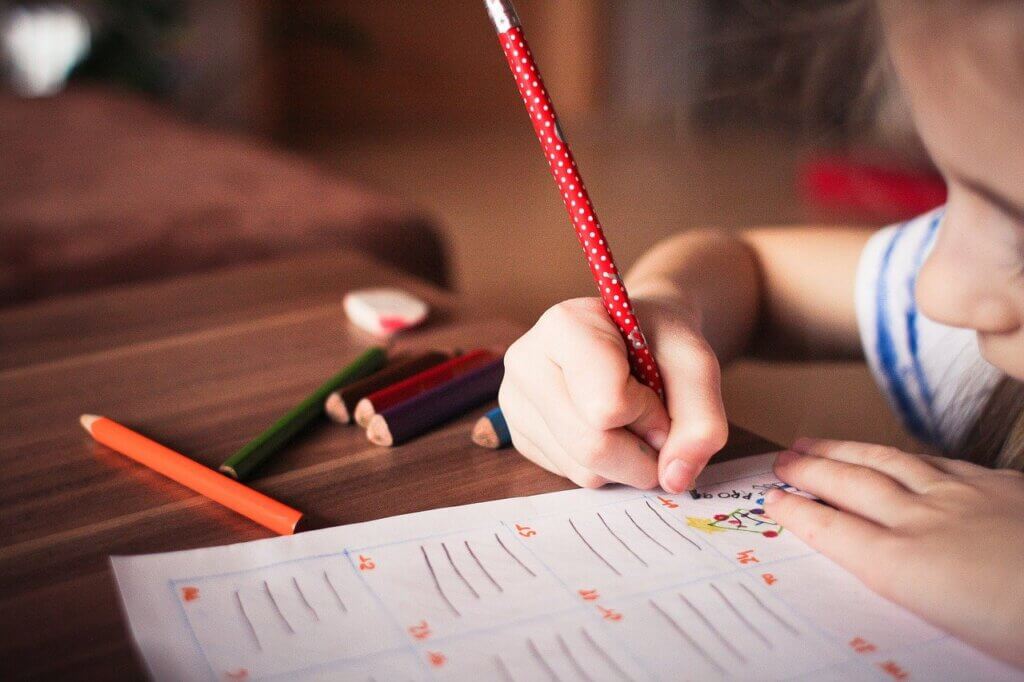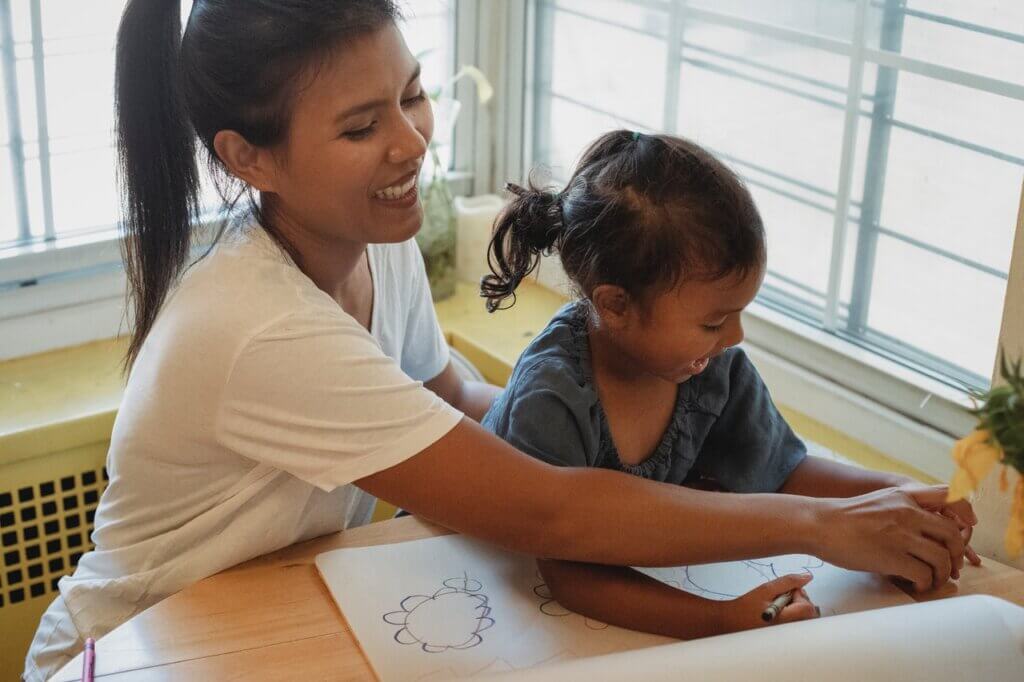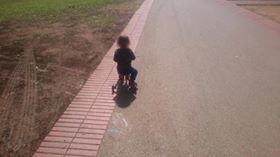Have you ever wished you had more time to help your children with their education while still being a working mom with a career?
You’re not alone in performing this balancing act, and although your time is limited, there’s still a lot you can do to help your children get the most out of their education.
But, like any venture, it will take a little planning to get the balance just right.
First-time mom? We’ve got you covered. Let’s fast-track that learning curve.
1. Start Thinking About College While They’re Still Little
Much has been said about the high cost of a college education and the type of debt that many young people or their families find themselves in after covering college costs.
Cut the stress by investing in your children’s post-secondary education – the earlier you start, the better the outcome.
In Canada, the best bet is a Registered Education Savings Plan (RESP). It has massive tax advantages and there are several forms of RESP available.
Outside of Canada, investigate your options for an investment that grows well, preferably without high taxes when you cash in.
2. Get to Know The School and its Personnel
On a more immediate note, knowing your children’s teachers and getting involved in school activities will help you to get an inside view of your child’s basic education.
As a working mom, you may have difficulty being at every parent-based event, but attend whenever you are able – even if that means making time in your schedule.
It’s good to make use of opportunities to build relationships with the people to whom you are entrusting your child’s education.
Hard as this may seem, try to be unbiased when hearing about your child’s performance from teachers. Some of the feedback you get may be negative.
Before flying to your darling’s defense, ask questions, think things over, and try to find solutions that will help both the teacher and your child.
3. Follow up on Homework – be Helpful, but Don’t Do it Yourself
Ensure that your children have homework diaries and help them to plan their time so that they can enjoy fun and play but still get it all done. At the end of each day, check on progress and give pointers if you think it’s necessary.
However, avoid the temptation of just doing school projects and homework tasks yourself. While some parents definitely do that, they aren’t doing their children (or themselves) any favors.
Homework is there to help your child to practice what he or she has learned. Even when helping them to find answers, provide guidance rather than just giving them solutions. The latter may be easier and quicker for you, but it’s self-defeating.
As schoolwork becomes more complex, you may find yourself unable to help. No problem. The internet is packed with study tips, tricks, and lessons.
Encourage your children to make use of online resources as soon as they can learn to type.
4. Keep it Positive
If you’re lucky, your child will be a star student, but most children aren’t, and that’s ok too. Celebrate the little successes and provide comfort if you know your child worked hard on something but didn’t achieve well.
Don’t be negative – although you might be feeling impatient, or think that the syllabus or the teacher isn’t great, avoid comments that might give the impression that you think their work is trivial or unimportant.
Younger children, in particular, will begin to mirror parental attitudes towards learning. Why work hard on something if mom doesn’t think it’s important anyway?
5. Be Constructive
Kids aren’t always diligent and well-behaved at home or at school – in fact, some of the smartest ones can be downright naughty. If you ignore it, you’re giving them the go-ahead to continue.
If you just give them a long lecture, it might not solve the problem. Engage your children when addressing bad behavior and make them help to think of solutions that will ensure that whatever-it-is doesn’t happen again.
Instead of just telling them how disappointed you are, begin by getting them to describe the issue you’re addressing, why it happened, why it’s a problem, and what they’ll do to ensure they don’t make the same mistake again.
Ask them if they need any help in implementing a solution and follow up to ensure that they are living up to their commitments. Education is far more than just book learning, and this process will teach valuable life lessons.
6. Allow Them More Independence in Study as the Grow
Early on, you will be doing quite a lot of hand-holding: helping kids to manage their time effectively, and helping them to form good study habits. As they grow, the spoon-feeding has to decrease.
By the time they reach college age, they already need to have the capacity to work independently. Letting go of the reins is a gradual process.
For example, you may move from planning their homework and study schedule with them to getting them to do it and just checking, to leaving it up to them unless they ask for help.
7. Remember that Leisure and Playtime Matter too
The last thing you want is your children going into executive burnout because of excessive pressure to perform at school. Make sure that they have time to unwind.
An overtired, stressed out child won’t be in a position to make the most of his or her education. In a worst-case scenario, he or she may even begin to hate school and studying.
Remember that play helps children to learn – and they even learn while they are playing. They won’t get a grade for that, but the lessons are invaluable.
Some kids, on the other hand, can be extremely single-mined and achievement oriented, but without a well-rounded experience of life that includes leisure time, their personal development will be less multifaceted than it should be.
Yes, you want your child to do well and ultimately make use of that RESP you’ve been contributing to, but there’s more to life than work and study.
Remember the old adage that says school days should be the best days of one’s life. If you can help your child to achieve that, learning will continue to have positive associations when they have to go it alone.
Education: Academic Achievement is Only Part of the Package
While academic performance is certainly important at school, it’s also a place where kids learn to deal with “bosses” in the form of teachers and colleagues in the form of other children.
It’s a time when they learn about how to get along with others, deal with conflicts, admit when they’re wrong, formulate dreams and ambitions, and more.
As a working mom, you’re probably madly busy already, but showing your interest in your children’s school life, encouraging, supporting, and even disciplining them are all part of your task.
That means more listening than talking and the realization that things you might think trivial are extremely important to your child. A tough task? Sure it is! But you can do it!
 All The Frugal Ladies Personal finance with a feminine touch
All The Frugal Ladies Personal finance with a feminine touch













